
Here are four of the most important considerations for increasing fertility naturally that may what you finally need to be able to conceive.
1. Women seeking to become mothers need to avoid alcohol for a day or two before and up to about five days after ovulating, usually days 10 to 17 of a 28-day menstrual cycle. The reasons alcohol interferes with becoming pregnant are numerous and complex, but not the least reason is that women who do not drink are less likely to suffer physical trauma that may interfere with the implantation of the fertilized egg in the lining of the uterus. Since a woman will not know whether or not she has become pregnant until it is time for her next period, it's also a good idea to abstain after ovulation, too. No woman should drink, at all, during pregnancy.
2. Unlike alcohol, caffeine has minimal effect on the growing embryo. Caffeine has significant effect, however, on the growth of estrogen-stimulated tissues. It's sometimes helpful for women to avoid drinking beverages that contain caffeine during the first half of their period. Less estrogen sensitivity results in less swelling of endometrial tissue that may have lodged in front of the fallopian tubes.
3. Styles of lovemaking affect chances of conception. Sexual intercourse in the missionary (man on top) position is more likely to result in conception, because the erect penis is bent backward in a position that directs the ejaculate in the direction of the fallopian tubes. Sexual intercourse without physical foreplay is more likely to result in conception, because the act of foreplay raises the front edge of the uterus, creating a longer path for the sperm to reach the fallopian tubes.
4. Weight-loss diet often helps women who have PCOS, but it's the dieting that makes the difference, not the actual number of pounds lost. In PCOS, the ovaries make too much testosterone. High blood sugar levels feed the ovaries, forcing them to make too much testosterone. Eating less lowers blood sugar levels, which in turn lowers testosterone levels. The effects of dieting for fertility in women who have PCOS are not immediate, but up to 40% of women become pregnant by the third month of their diets.



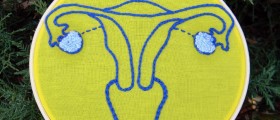
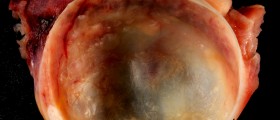






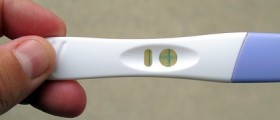
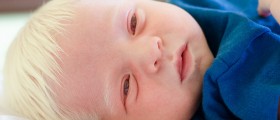



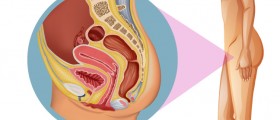
Your thoughts on this
Loading...